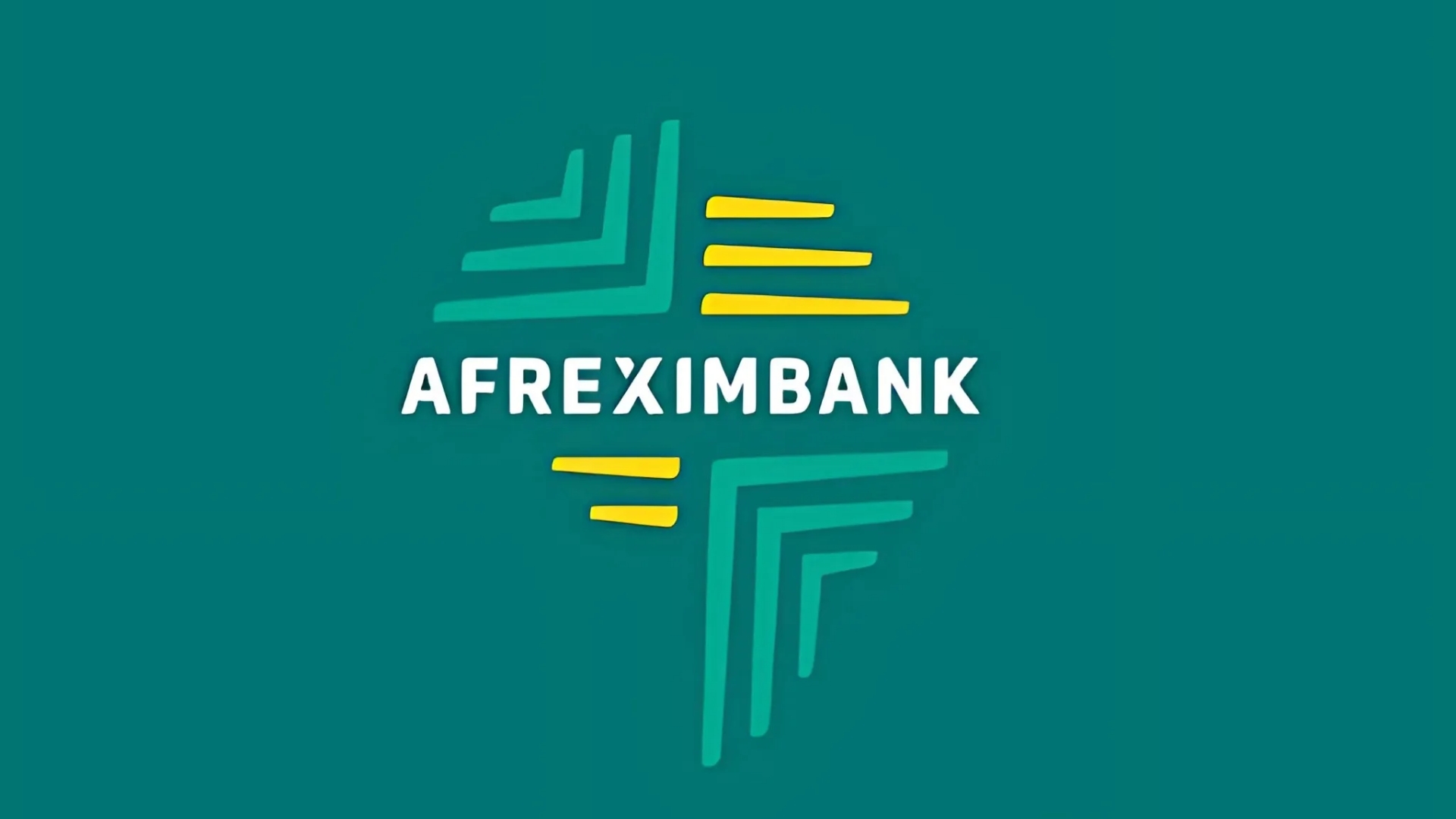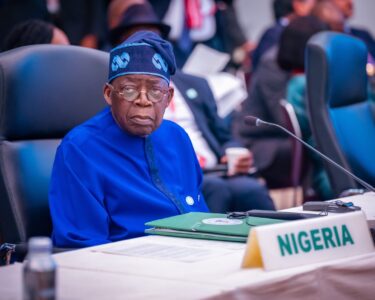Afreximbank warns of renewed threats to Africa’s development
Summary
- Afreximbank flags emergence of new forces undermining Africa’s progress
- Denya calls for unity, industrialisation, and stronger intra-African trade
- Downgrade and global headwinds heighten pressure on the bank and continent
Abuja, Nigeria – The Senior Executive Vice President of the African Export-Import Bank (Afreximbank), Denys Denya, has warned that Africa is once again facing a resurgence of forces intent on stalling the continent’s development, echoing the opposition that resisted the bank’s formation in the early 1990s.
Speaking at the 32nd Annual Meetings of Afreximbank in Abuja on Wednesday, Denya said these threats, both internal and external, have returned in different forms and now target the progress and resilience the bank has built over the past three decades.
“I want to remind us that the establishment of the African Export-Import Bank was Africa’s response to the confluence of crises during the time but was met with fierce resistance… the very combined forces that opposed the creation of the bank have metamorphosed into various shapes, with the sole objective of undermining this great institution,” Denya said in his opening remarks.
Themed Building the Future on Decades of Resilience, the 2025 meetings were held amid heightened geopolitical tensions, economic realignment, protectionism, and rising policy uncertainty, all of which Denya said threaten Africa’s industrial ambitions and the strength of its institutions.
He emphasised the need for deliberate action towards industrialisation and value-added exports, leveraging the African Continental Free Trade Area (AfCFTA) to reduce Africa’s overdependence on external markets. “We need to forge new trading partners and strategic alliances… South-South trade and investment promotion should be high on the agenda,” he added.
Afreximbank has come under scrutiny following a credit rating downgrade by Fitch Ratings from ‘BBB’ to ‘BBB-’ with a negative outlook, an action the bank and the African Peer Review Mechanism have both criticised as being based on flawed reasoning. The downgrade could lead to increased borrowing costs and threaten the bank’s capacity to support African economies, already strained by security challenges, limited access to trade finance, and rising debt pressures.
The bank has also pointed to a persistent $100–120 billion annual trade finance gap that continues to limit the continent’s industrial growth. Combined with external funding shortfalls, such as the recent withdrawal of USAID support in Nigeria, Afreximbank has called for more self-reliant, Africa-led financial solutions.
Despite these challenges, Afreximbank remains optimistic. Its latest report shows that Africa grew by 3.2% in 2024 and highlights strong potential for continued resilience, especially with the $18.7 billion the bank disbursed last year to support businesses and stimulate intra-African trade.
Denya concluded with a call for unity and resolve: “The time to be deliberate about industrialisation… has never been more urgent.”







